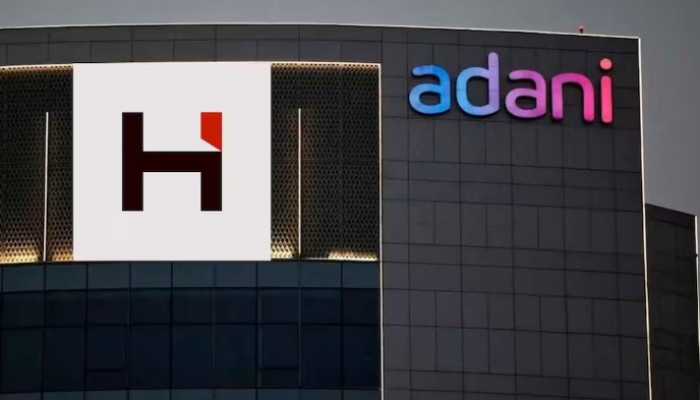Hindenburg report not to be treated as a statement of truth: Supreme Court
- In Reports
- 05:56 PM, Nov 24, 2023
- Myind Staff
In the ongoing proceedings, the Supreme Court noted that the Hindenburg Research report should not be regarded as an absolute statement of truth. During the hearing of the petitioners' plea concerning the factual disclosures in the Hindenburg report, the apex court stated, "We are not obligated to consider the Hindenburg report as a definitive statement of truth."
The Supreme Court additionally mentioned that there is no way to independently verify the accuracy of the Hindenburg report. Consequently, the court directed the Securities and Exchange Board of India (SEBI) to investigate the matter.
"We don't have to accept the Hindenburg report as ipso facto factually correct. That is why we asked Sebi to investigate," the bench observed.
The petitioners have raised concerns, alleging that the actions of the market regulator appear "suspicious," pointing out that they possessed the details since 2014. According to the petitioners, the Directorate of Revenue Intelligence (DRI) shared information with the SEBI Chairman back in 2014.
During the case hearing, SEBI disclosed that it had sought "key documents" from the Organized Crime and Corruption Reporting Project (OCCRP). However, the OCCRP refused to share these documents, stating that they could be obtained from Prashant Bhushan. The regulatory body expressed reservations, suggesting a potential conflict of interest, as Prashant Bhushan was reportedly involved in commissioning a report and presenting it before the Supreme Court.
During proceedings, the petitioners apprised the Supreme Court that reports from the Financial Times and The Guardian indicated that certain funds were managed by Vinod Adani, the brother of Gautam Adani. They asserted that although Sebi claimed to have completed investigation reports, the findings had not been disclosed.
In response, the apex court questioned whether Sebi could be compelled to reveal its findings even before initiating legal proceedings. The court pondered on the appropriateness of preemptively judging Sebi's findings.
The petitioners proposed the appointment of a court-appointed Special Investigation Team (SIT), prompting the Supreme Court to inquire about the evidence justifying doubts regarding the ongoing Sebi probe.
The Supreme Court bench emphasized that Sebi cannot be expected to treat a newspaper story, even if from the Financial Times, as an unquestionable truth. It raised the question of Sebi pursuing journalists who fall outside its jurisdiction, emphasizing the need for careful consideration.
“How it is that journalists can get these documents on controlling interest of Vinod Adani, but Sebi with all its powers cannot get access for years,” the petitioner noted in the court.
New York-based short seller Hindenburg Research alleged accounting fraud and stock price manipulation at the Adani Group in a report published in January. Released just before Adani Enterprises Ltd’s Rs 20,000 crore follow-on public offer, the report triggered a major stock market downturn, wiping out about $145 billion from the conglomerate's market value. The Adani Group has vehemently denied the allegations, calling Hindenburg an "unethical short seller" and labeling the report as a fabrication.
Adani Group Chairman Gautam Adani characterized the Hindenburg Research report as a blend of deliberate misinformation and discredited allegations, intended to tarnish the conglomerate's reputation.
“The (Hindenburg Research) report was a combination of targeted misinformation and discredited allegations, the majority of them dating from 2004 to 2015. They were all settled by the appropriate authorities at that time. This report was a deliberate and malicious attempt aimed at damaging our reputation and generating profits through a short-term drive-down of our stock prices,” Adani said at the Group’s annual general meeting in July.
Image source: Business Today







Comments